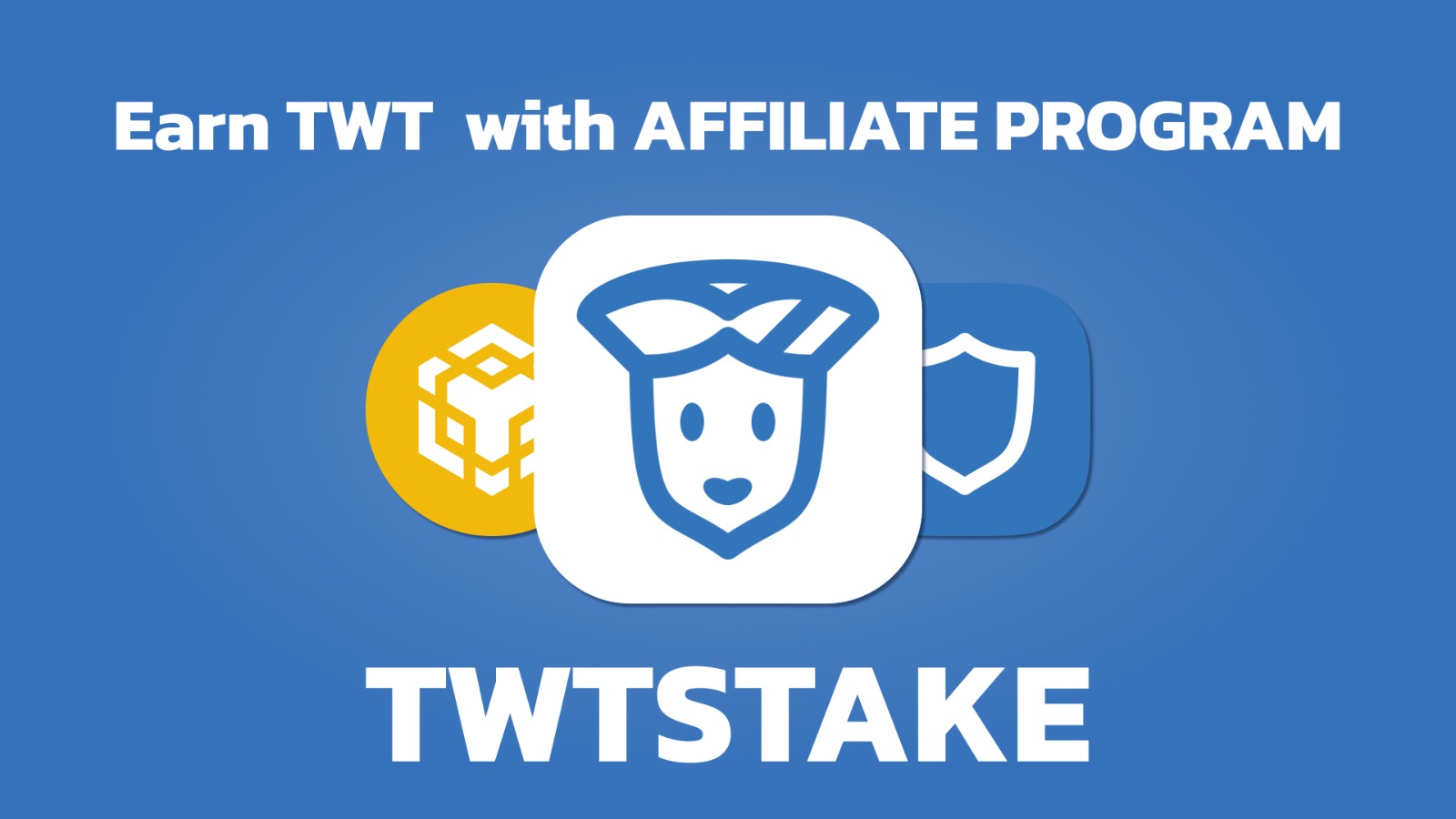PayPal has launched an initiative with Xoom to use the stablecoin PYUSD in cross-border payments. The partnership aims to expand the use of PYUSD in Asia and Africa, improving the efficiency of global transactions.
Let’s see all the details in this article.
PYUSD, la stablecoin di PayPal, aims to revolutionize international transactions
PayPal has announced a significant step in the evolution of digital payments, utilizing the Xoom service to enable cross-border transactions with its stablecoin, PayPal USD (PYUSD).
This collaboration represents a strategic turning point for the expansion of the stablecoin in international markets, particularly in Asia and Africa.
Specifically, with the goal of overcoming the limitations of traditional banking hours and improving access to financial services worldwide.
PayPal has emphasized how this initiative has been designed to optimize the effectiveness and speed of international money transfers.
PYUSD, launched in 2023, is backed 1:1 by the US dollar and regulated by the Paxos Trust Company, a recognized authority in the criptovalute sector.
Since its launch, PYUSD has faced the challenge of competing with established stablecoin like USDC from Circle Internet Financial, but PayPal is investing resources to extend its impact and utility.
The collaboration between Xoom, Cebuana Lhuillier, and Yellow Card is essential for managing the distribution of payments in PYUSD, opening new possibilities for customers in emerging markets.
Chris Maurice, CEO of Yellow Card, commented on the matter as follows:
“Stablecoins like PYUSD are transforming the global payments landscape, and thanks to our integrated infrastructure and technology, users will be able to move money more efficiently.”
With PYUSD, PayPal aims not only to improve accessibility but also to ensure that transactions are simple and secure, especially for those living in regions with limited access to traditional banking services.
Thanks to the new partnership, cross-border transactions can also be settled outside of traditional banking hours, a crucial aspect for supporting trade and personal payments on a global level.
Technology and infrastructure supporting the stablecoin
One of the key features of PYUSD is its compatibility with the Ethereum ecosystem, being an ERC-20 token.
This allows easy integration with various digital wallets, Web3 applications, and cryptocurrency exchanges, making the stablecoin highly flexible for developers and businesses.
PayPal has worked consistently to ensure that PYUSD is adopted on a large scale, collaborating with major companies in the crypto sector.
During 2024, PayPal launched new integrations to enhance the use of PYUSD. Among these, a rewards program with Anchorage Digital. That is a cryptocurrency custodian, which incentivizes customers to hold PYUSD by offering rewards to holders.
The company has also facilitated the purchase of cryptocurrencies using PayPal accounts, thanks to the partnership with MoonPay, a Web3 infrastructure provider.
PayPal then expanded its offerings by bringing PYUSD to the Solana blockchain, an operation carried out in collaboration with Crypto.com, Phantom, and Paxos.
This has allowed users to access a blockchain network characterized by high speed and reduced transaction costs, increasing the possibilities of using the stablecoin.
The challenge in the stablecoin market
Despite the efforts and new collaborations, PYUSD still has to face strong competition from leading stablecoins like Tether’s USDT and Circle’s USDC.
With a market capitalization reaching 128 billion dollars and 37 billion dollars respectively, these two stablecoins dominate the sector.
However, PayPal is focusing on its vast network of global users and technological innovations to bridge the gap and capture a larger market share.
According to the most recent data, PYUSD is still building its user base and its transaction volume.
However, the company stated that it is confident in the growth potential, considering that stablecoins are gaining more and more relevance in the global financial landscape.
With an infrastructure designed for scalability and security, PayPal aims to make a difference, also thanks to the support of its technological partners.







